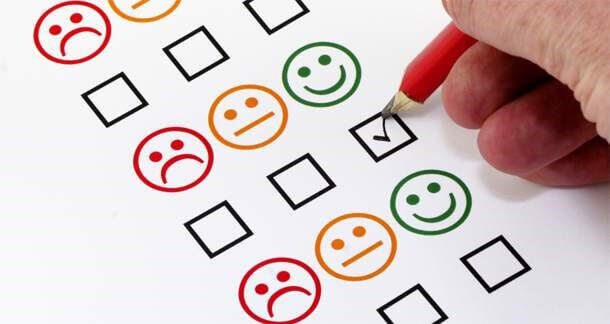
Howard Schultz famously said, “When you acknowledge your weaknesses and ask for advice, you’ll be surprised how much others will help.” While he wasn’t referring to the hospitality industry per se, this quote likely rings true for hoteliers who strive to create great experiences and rely on feedback from guests. Luckily, today’s hoteliers have access to a tremendous amount of guest feedback, including in-person comments during the stay, online reviews, and solicited guest surveys. When aggregated and analyzed, guest feedback can dramatically help hoteliers understand their business and their guests better.
While it’s easy to obsess over every comment and star, it’s important for hoteliers to also step back and understand how they’re faring against others in their region or hotel class. For that reason, we recently put together two Global Hotel Benchmark reports, one for online reviews and one for post-stay guest surveys. Following are just a few of the many insights available in these free reports.
The guest feedback market continues to grow
Despite the fact that guests have been using online review sites for more than a decade, they don’t appear to be tiring of providing guest feedback. In 2017, the total number of online reviews grew by 27%, driven in large part by the rise of Google, which had a 207% increase in reviews over 2016 and now accounts for almost 20% of online reviews.
Similarly, guests are responding to more post-stay surveys than ever before. In addition to 27% more customers signing up for Revinate Surveys, the average survey completion rate went from 16% in 2016 to 18% in 2017. Clearly, hotel guests continue to have an appetite for providing hotels with valuable feedback.
Guests tend to rate hotels better in public reviews than private surveys
Because Revinate offers both a Reputation solution and a Surveys solution, we are in a unique position to understand the comparison between public reviews and private surveys and how they are trending over time.
In 2017, only one segment, luxury hotels, received higher ratings on surveys than online reviews, and that difference was very small. This is a change from 2016, when luxury hotel guests rated hotels slightly higher on online review sites than in solicited surveys.




